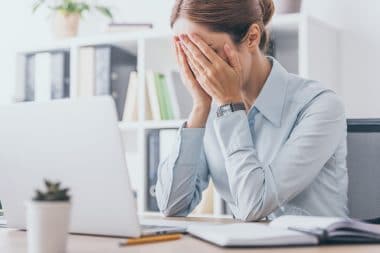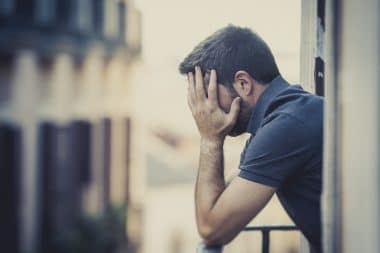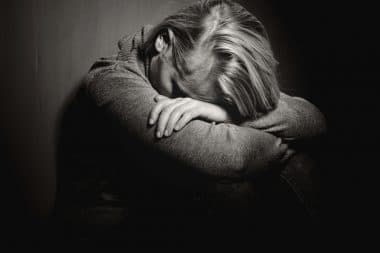Unlike what most people say, depression among the elderly is not a normal thing. It is not a normal part of aging-in fact; it is a medical condition in any age that should receive adequate treatment. Studies have shown that if depression is untreated it could lead to an increased risk of elderly suicide — more than in any other age group.
For those over 65 years of age, the signs of depression are usually ignored because they are said to be a normal part of aging. However depression is never a normal part of any age-related process-and should never be thought of as normal in any age bracket. It doesn’t matter if your old or young-depression is a disease that should be treated immediately.
Depression is a general feeling of being down emotionally. A person suffering from depression may feel bad about a multitude of things. Depression can strike suddenly, or can come about slowly. It can be chronic or episodic.
The best way to define depression would be to describe what it is not. Depression can then be said to be the opposite of elation, or of excitement. Depressed people are usually, but not always, grumpy, moody, lethargic, or introspective.
Depression can be caused by a host of reasons. Some are emotional, and some are physical in nature. Psychological factors that cause depression include traumatic experiences a person may have experienced in the past and unresolved emotional issues.
Many of the unresolved issues a person may have had when he or she was a child may surface when the person enters advanced age. This is probably because they have more time to reflect on themselves as opposed to being busy and occupied during their younger years.
Elderly people are also prone to depression because of a fear of death, or insecurity with their now diminished physical capabilities. They may also be frustrated because of the inability to handle their memory loss.
Also, moving from one place to another can cause a great deal of stress in elderly people. The environment an elderly lives in also constitutes their emotional health. For example, if the environs they are living in are depressive, then they would naturally feel the same way.
Being elderly also means that, perhaps, many of their friends and relatives have already passed away. This can cause a great deal of stress for people to lose many of their acquaintances.
And last, but not the least, some people who face depression in their advanced age is because of the fact that depression runs in their families.
No matter what the reason, it is imperative that those looking after a people should be observant, looking for signs and symptoms of depression, and seeking treatment as soon as possible.
Here are some of the symptoms that indicate depression:
– A sudden state of being agitated.
– Anxiety that is either hard to explain or obvious.
– Complaining of physical ailments that are vague or inexplicable.
– A difficulty with memory, or a lack of focus.
-Lack of appetite, fluctuations in weight and health.
-Irritability, and sudden emotional outbursts.
-Sleep related problems, insomnia, nightmares.
To treat depression, the first thing that must be done is to recognize that there is a problem. This is where those that care for elderly come in. They must be very observant and very quick to note changes in regular habits.
Treatment usually includes psychotherapy, counseling, medications, lifestyle modification, diet modification, and other depression related therapies. But aside from all these treatments, it is very important that there is someone to assist and guide the elderly as they go through this stage of their life. They should be given attention on and should be treated as a part of the family instead of being just a burden. This will help them feel a part of the living, and it will help reduce incidences of depression.
It is very important that people realize how dangerous depression can be for the elderly. It can cause them to get sick a lot more often than those of sound emotional health. Also, recognition and treatment of the condition early is the key to keeping good emotional health among the elderly.







Reply